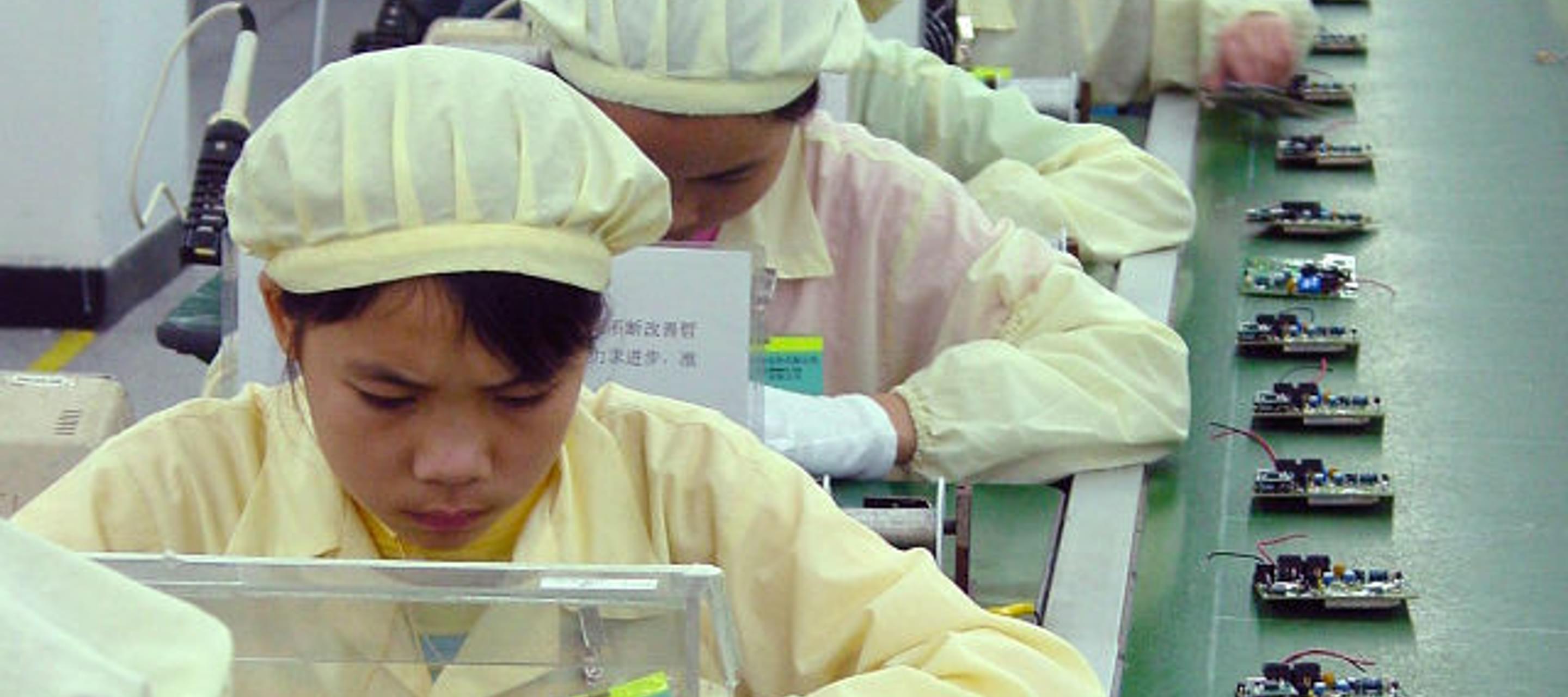Is the Organisation Investigating Apple's Factories Good Enough?
5 March 2012

This op-Ed was originally published on Forbes.com.
Under pressure, Apple has opened the doors of its troubled Chinese factories to inspection by labor investigators. Now not only Apple but its proposed monitor, the Fair Labor Association, are coming under scrutiny: Observers are challenging whether the FLA, which has corporate members and accepts corporate funding, can really be independent and deliver the bad news and sanctions those same companies might deserve.
This is an important conversation, but it is not a new one. “Multistakeholder initiatives” have sprouted up in the past 10 years bringing together companies with nongovernmental organizations and others, and they have proven extremely useful in tackling complex problems that no one party could solve alone.
These initiatives face inherent tensions and have achieved varying degrees of success to date. But the old model of governments regulating business activity inside their borders no longer works in the era of transnational business; we need new models for collaboration and governance. In the absence of legislation at the national and global level that is robust and enforced, initiatives like the FLA are one of the best solutions we have for establishing clear standards for companies’ behavior and assessing their compliance.
The Fair Labor Association was established in 1998, after the Western world discovered that much of our apparel and footwear was being manufactured in appalling working conditions in Asian factories. President Bill Clinton convened leaders from industry, nongovernmental organizations, and universities that purchased much of the sportswear in question to develop a code of conduct. The NGOs agreed that the resulting standards were rigorous, the companies agreed they were practical, and all agreed they would help protect the rights of factory workers. There are numerous examples of the FLA’s work leading to the eradication of labor abuses.
Other industries soon followed. The Voluntary Principles on Security and Human Rights was established in 2000 as a code of conduct for oil, gas, and mining companies, to maintain the safety of their staff and assets while avoiding human rights violations. The Kimberley Process Certification Scheme was created in 2002 by the international diamond industry, governments, and civil society organizations to stop the trade in “conflict diamonds.”
The Global Network Initiative is a set of principles agreed to by Google, Microsoft, and Yahoo! in collaboration with socially responsible investors, academics, and NGOs such as Human Rights Watch and the Committee to Protect Journalists to better protect user privacy and free expression. A new International Code of Conduct for Private Military and Security Firms, also developed by companies, governments, and NGOs, has already been adopted by the large majority of companies in the sector.
All of these efforts have filled gaps where regulation had so far failed to provide instruction or enforcement, and they have established forums where experts from diverse perspectives can pool their expertise.
At the same time, they all have struggled with their governance arrangements, everything from how they are funded to how their members are held accountable for their commitments. Global Witness recently left the Kimberley Process after exports from Zimbabwe were allowed to continue. Amnesty International declined to join the Global Network Initiative after participating in its creation, saying its accountability measures were too weak.
But what is the alternative? When government acts unilaterally, the results can be mixed at best. The conflict minerals provision of the Dodd-Frank Act is causing a great deal of confusion and may be hurting the very people it was intended to help. When NGOs forfeit their seat at the table, they’re relegated to campaigning against companies, and business and victims alike fail to benefit from their expertise. As the head of the Environmental Defense Fund wrote last month of his organization’s relationship with business, “Where cooperation works, the results are typically better, faster and cheaper than anything that can be achieved through confrontation alone.”
The question, then, is how to make sure that groups like the FLA are effective. Companies should absolutely help foot the bill: They often have far more resources than other stakeholder groups, and more importantly, should help pay to address the problems they have in part created.
Any conflicts that arise from funding should be countered with transparency and equitable rules. The FLA has clear accreditation criteria for independent monitors, and they conduct unannounced audits of randomly selected factories, which are then published. The Global Network Initiative is developing similar assessment criteria.
Multistakeholder initiatives can indeed be complex—but so are the issues they aim to address. Such initiatives should never take the place of effective laws. But in those areas where smart regulation remains elusive and problems cross national borders, they offer a solution. They have brought opposing parties together for substantive dialogue. They’re establishing clearer shared expectations. Perhaps most important, they are building a larger community to tackle problems no one can solve alone.
Photo: Flickr/somoamsterdam




